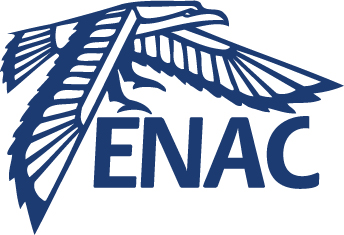Machine Learning and Mass Estimation Methods for Ground-Based Aircraft Climb Prediction
Résumé
In this paper, we apply Machine Learning methods to improve the aircraft climb prediction in the context of ground-based applications. Mass is a key parameter for climb prediction. As it is considered a competitive parameter by many airlines, it is currently not available to ground-based trajectory predictors. Consequently, most predictors today use a reference mass that may be different from the actual aircraft mass. In previous papers, we have introduced a least square method to estimate the mass from past trajectory points, using the physical model of the aircraft. Another mass estimation method, based on an adaptive mechanism, has also been proposed by Schultz et. al. We now introduce a new approach, where the mass is considered as the response variable of a prediction model that is learned from a set of example trajectories. This Machine Learning approach is compared with the results obtained when using the BADA (Base of Aircraft Data) reference mass or the two state-of-the-art mass estimation methods. In these experiments, 9 different aircraft types are considered. When compared with the baseline method (resp. the mass estimation methods), the Machine Learning approach reduces the RMSE (Root Mean Square Error) on the predicted altitude by at least 58 % (resp. 27 %) when assuming the speed profile to be known, and by at least 29 % (resp. 17 %) when using the BADA speed profile except for the aircraft types E145 and F100. For these types, the observed speed profile is far from the BADA speed profile.
Domaines
Apprentissage [cs.LG]| Origine | Fichiers produits par l'(les) auteur(s) |
|---|
Loading...
